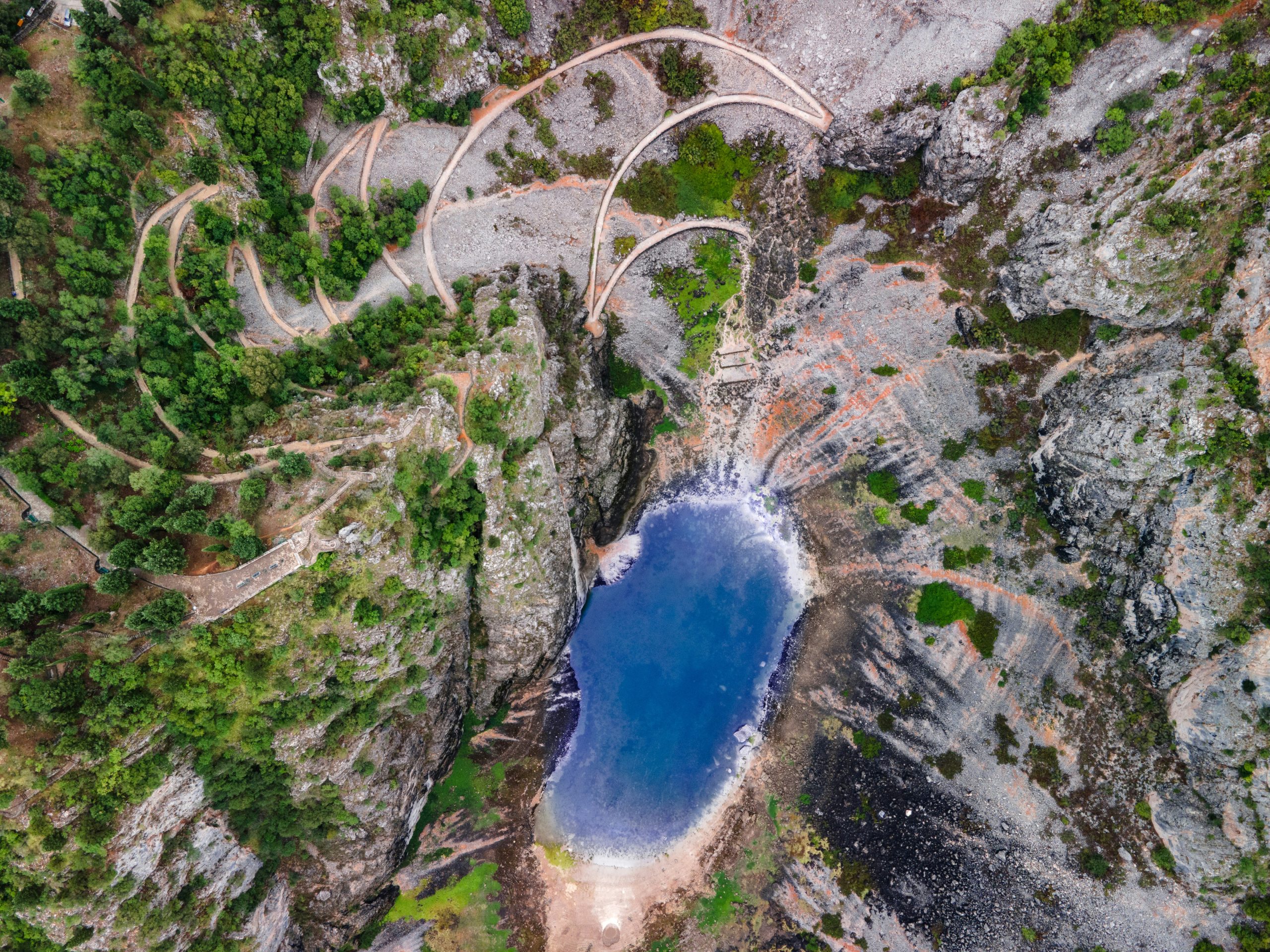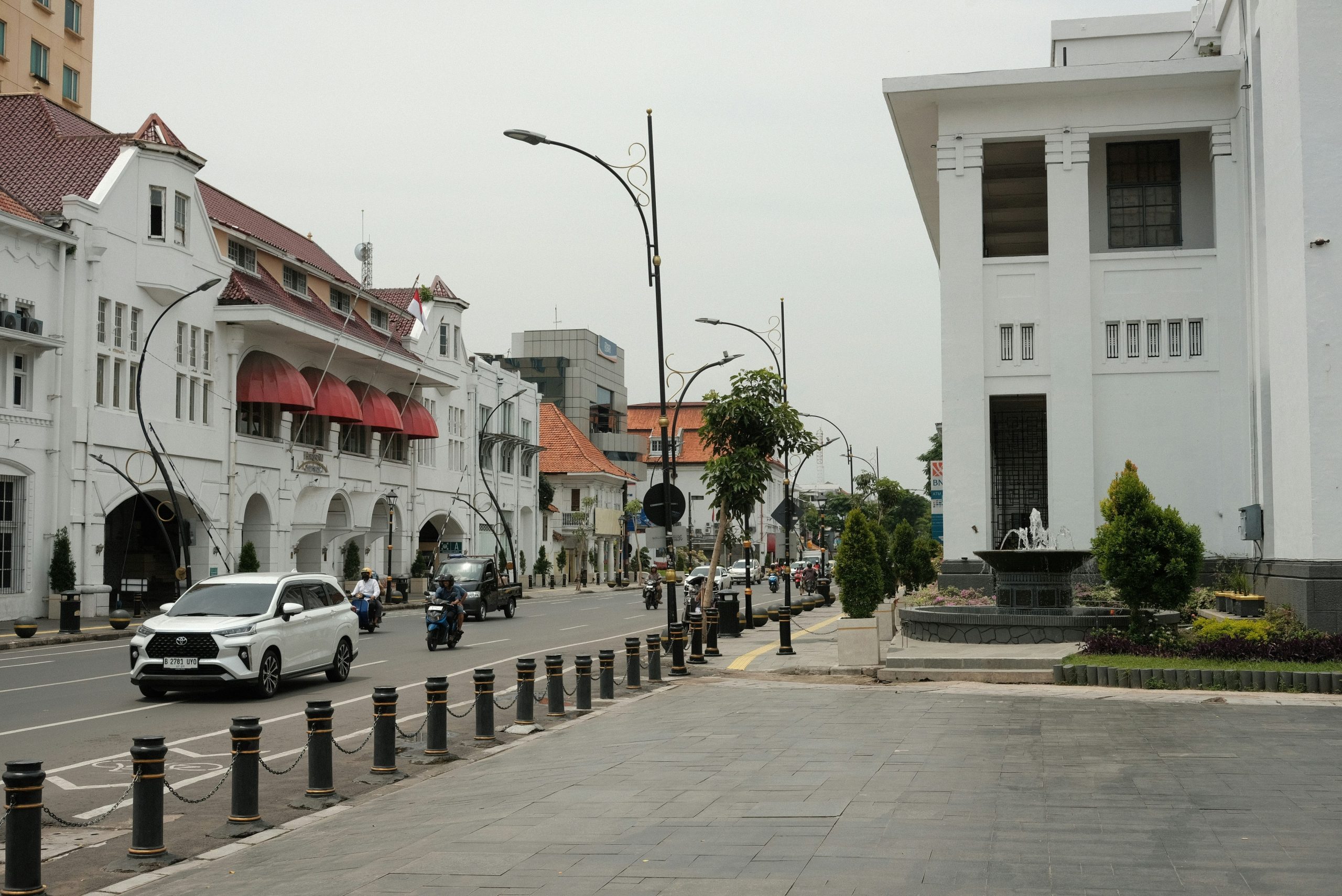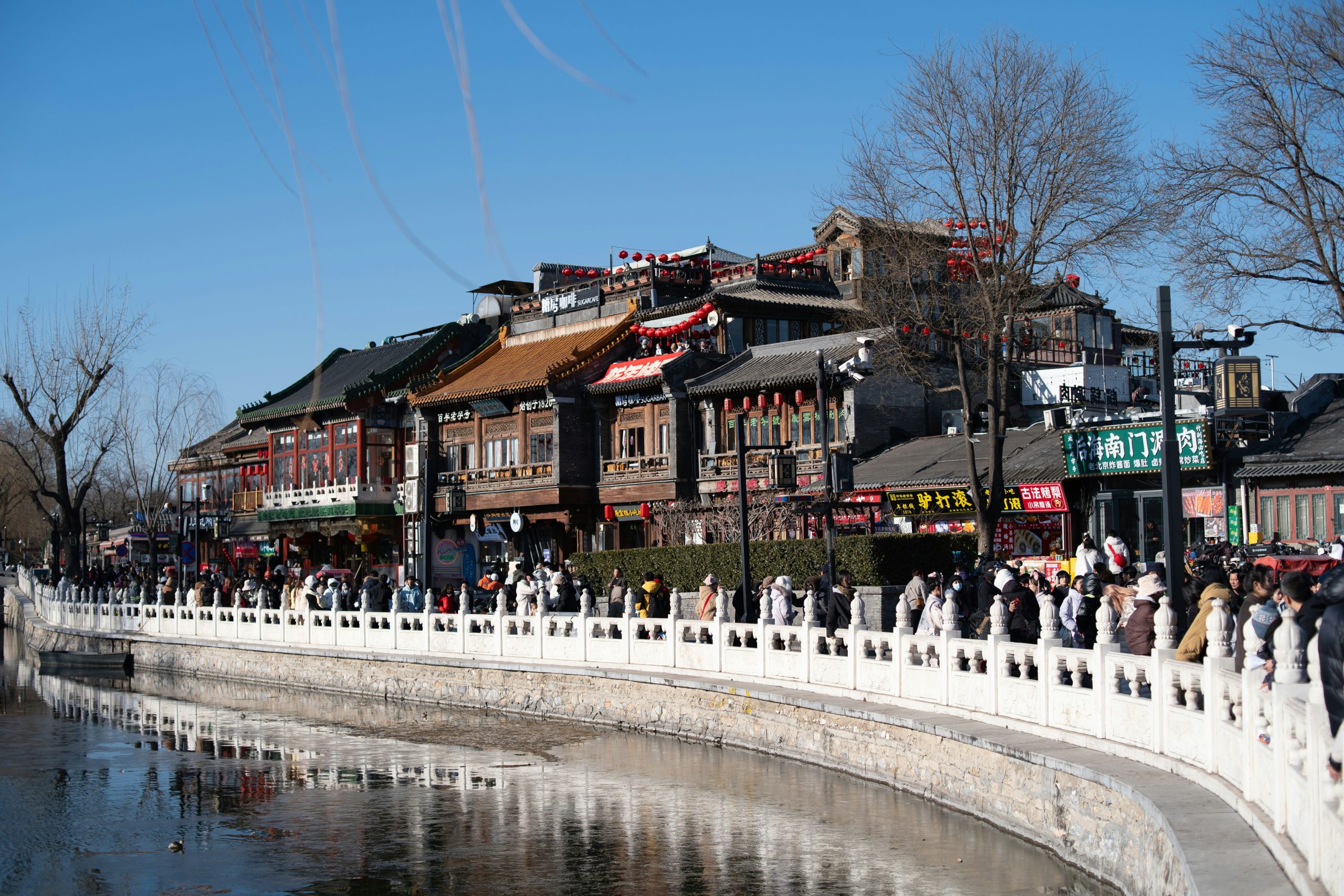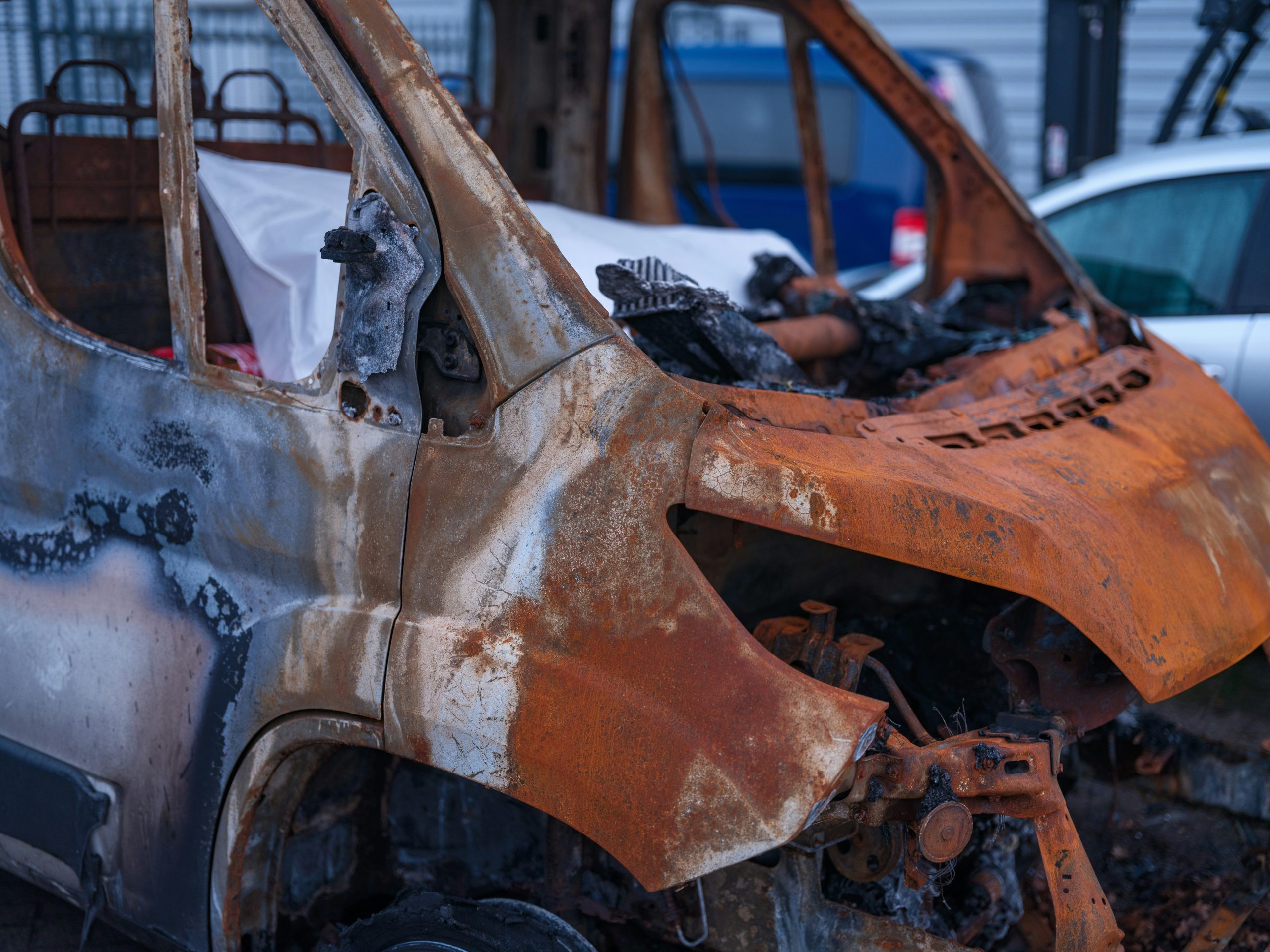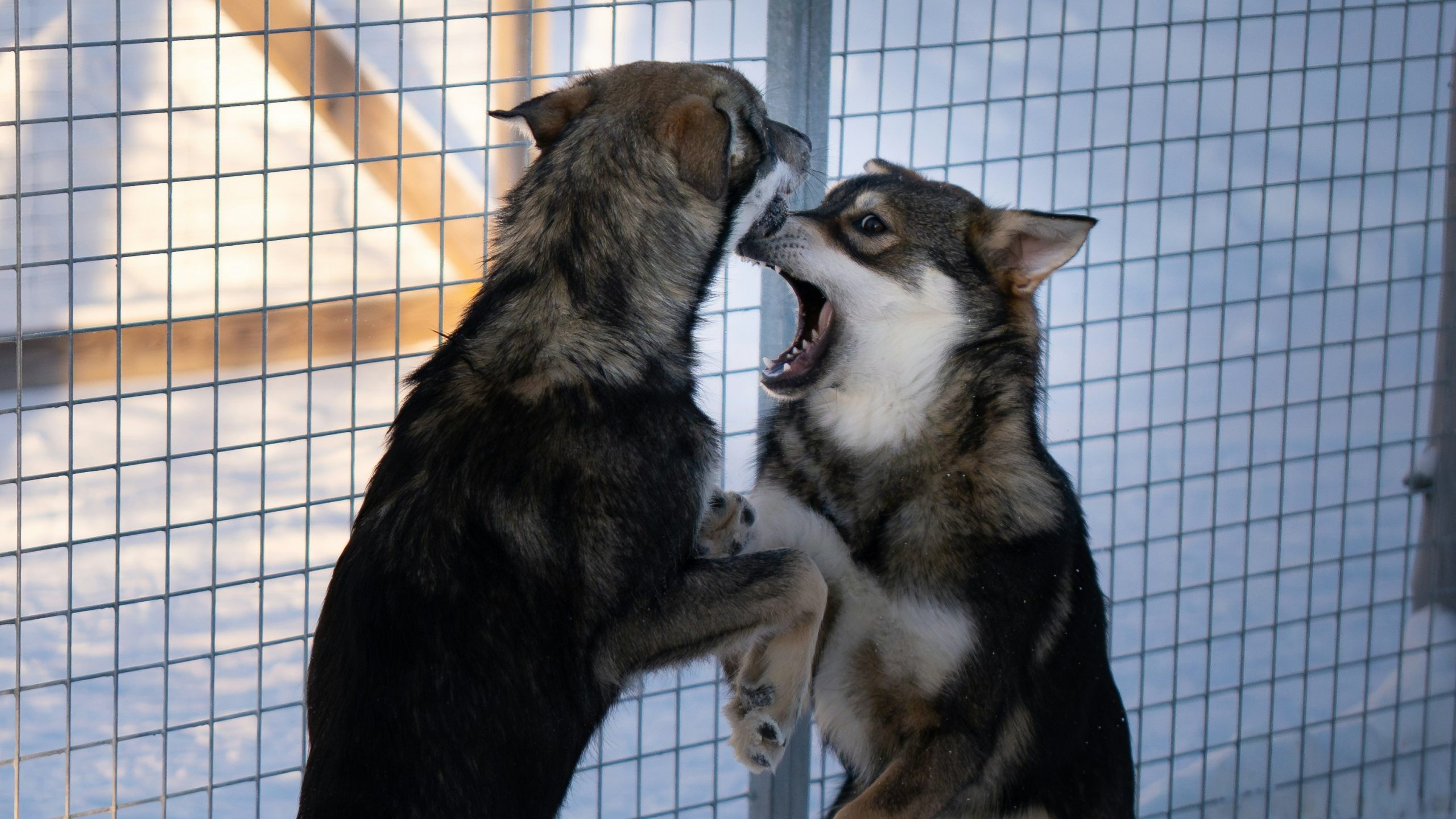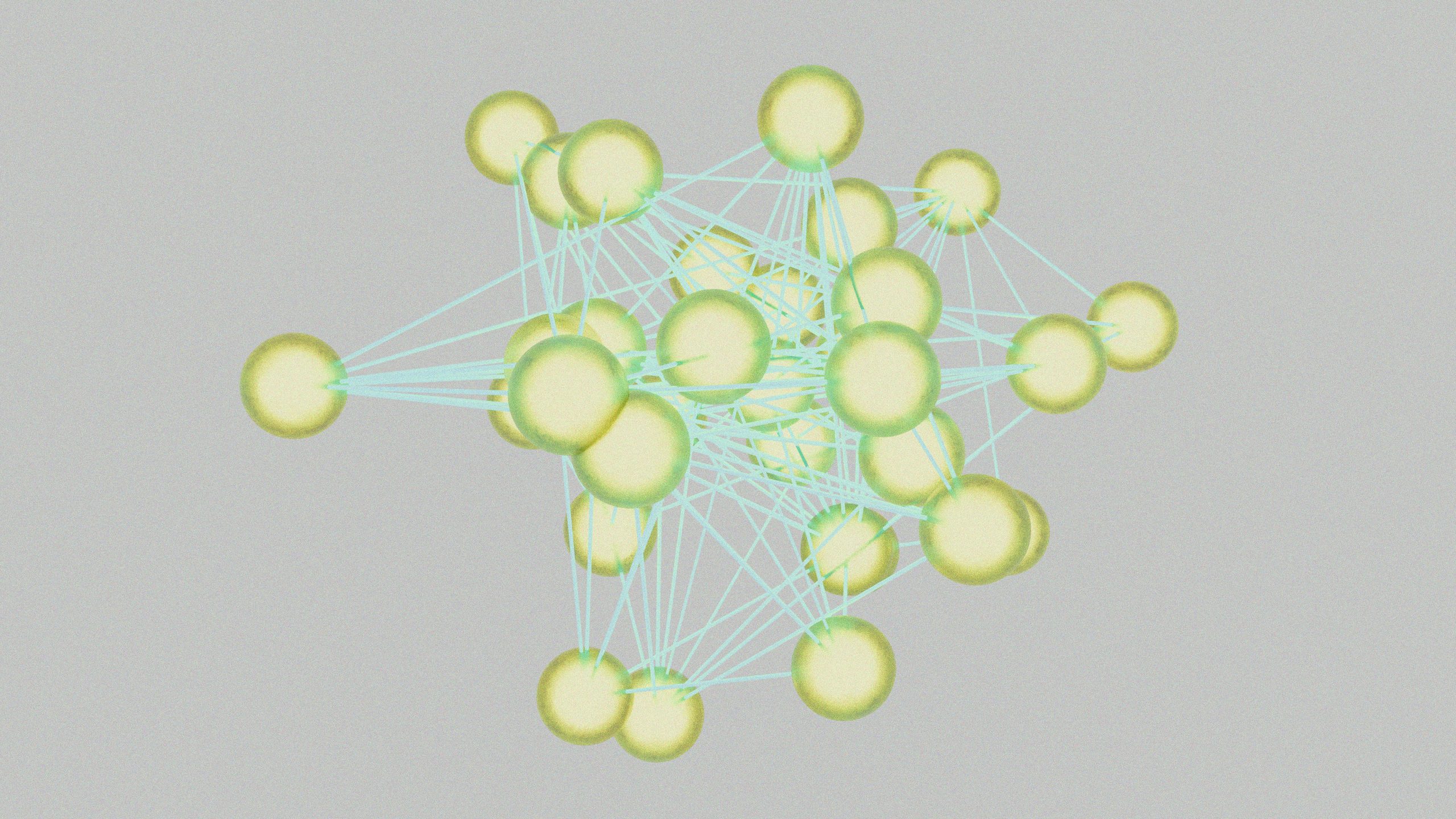Escalating Tensions Between Iran and Israel: A New Era of Conflict?
In a dramatic turn of events, the ongoing tensions between Iran and Israel have escalated, raising concerns of potential conflict in the region. Recent developments include the assassination of prominent Hamas leader Ismail Haniyeh in Tehran and Hezbollah figure Fuad Shukr in Beirut, leading to heightened fears of retaliation from Iran and its allied militias. The situation has caught the attention of international leaders, including U.S. President Biden, who is closely monitoring the developments and preparing for any necessary support for Israel should it come under attack.
Moreover, the U.S. Department of Justice has intervened, charging a Pakistani national with alleged ties to Iran for a foiled plot to assassinate a U.S. politician. This incident highlights the growing global concern over Iran's influence and its willingness to engage in political violence abroad. The Pakistani suspect remains in federal custody while investigations continue, emphasizing the seriousness of the threat that Iran poses beyond its borders.
As tensions simmer, Russian President Vladimir Putin has reached out to Iran's Supreme Leader Ayatollah Ali Khamenei, urging restraint in response to Israel's suspected actions. This diplomatic intervention underscores the complexities of the Middle Eastern geopolitical landscape, where alliances and rivalries can shift rapidly.
Analysts suggest that the nature of the conflict between Iran and Israel has transformed significantly since the first direct attacks earlier this year. The current geopolitical climate suggests that both parties are on edge, with Iran's regional militias poised for any potential retaliation. The assassination of high-profile figures within the Iranian-supported factions has prompted discussions on whether a full-scale war is imminent or if a more calculated response is forthcoming.
While speculation abounds, the reality is that the situation remains fluid and unpredictable. The potential for conflict not only threatens the stability of the region but could also have far-reaching implications for international relations and security. As nations watch closely, the call for diplomacy becomes ever more urgent, as the consequences of escalation could lead to a devastating confrontation that neither side desires.
In this tense environment, many are left wondering how far Iran is willing to go in defending its interests and responding to perceived threats. The stakes are high, and the world is watching with bated breath as the situation continues to evolve. The interplay of military strategy, political maneuvering, and international diplomacy will determine the future of Iran-Israel relations and the broader stability of the Middle East.
As the global community grapples with the ramifications of these developments, one thing is clear: the time for dialogue is now, before the situation spirals into an uncontrollable conflict that could have dire consequences for all involved.


